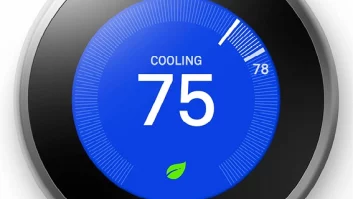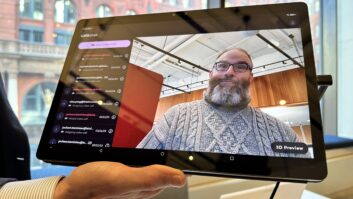Bellevue, Wash. – T-Mobile plans next Tuesday to take the wraps off the world’s first cellphone based on the standardized open-platform Android operating system, whose development was spearheaded by Google.
The mobile-phone platform is based on the open-source Linux operating system, middleware, a “full-power” HTML Internet browser, and the resources to download applications directly to a phone over the cellular airwaves. The first phone incorporating it will be made by HTC for use on T-Mobile’s U.S. network.
The open-source mobile operating system will encourage software developers to create applications unavailable to today’s cellphone users, according to hardware and software proponents who formed the Open Handset Alliance. They expect the platform to be adopted more broadly than such platforms as Windows Mobile and Palm and to be included in entry-level phones, feature phones, and smartphones.
Google and its allies cite several reasons for the potentially broad deployment, including:
· the ability for software developers to write an application compatible with any Android-based phone operating on any network without modifying it for different brands and phone models;
· what a Google spokesman has called “the most liberal open-source license in the mobile industry;”
· the open-source platform, which encourages developers to tweak the source code to enable innovative applications that would otherwise be unavailable;
· and multiple advantages over other platforms, including the ability for Android applications to access all of a phone’s core features. That makes it possible for consumers to upgrade their phone without buying a new phone. Consumers, for example, could download a new user interface or upgraded core applications such as contact-list management.
To enable such upgrading, Google will host an online store from which third-party developers can sell their applications for downloading in much the same way that developers sell Apple-approved applications through the iTunes App Store. In Android’s case, however, the applications will eventually be able to run on multiple brands and models of phones, whereas iTunes apps run only on the iPhone.












